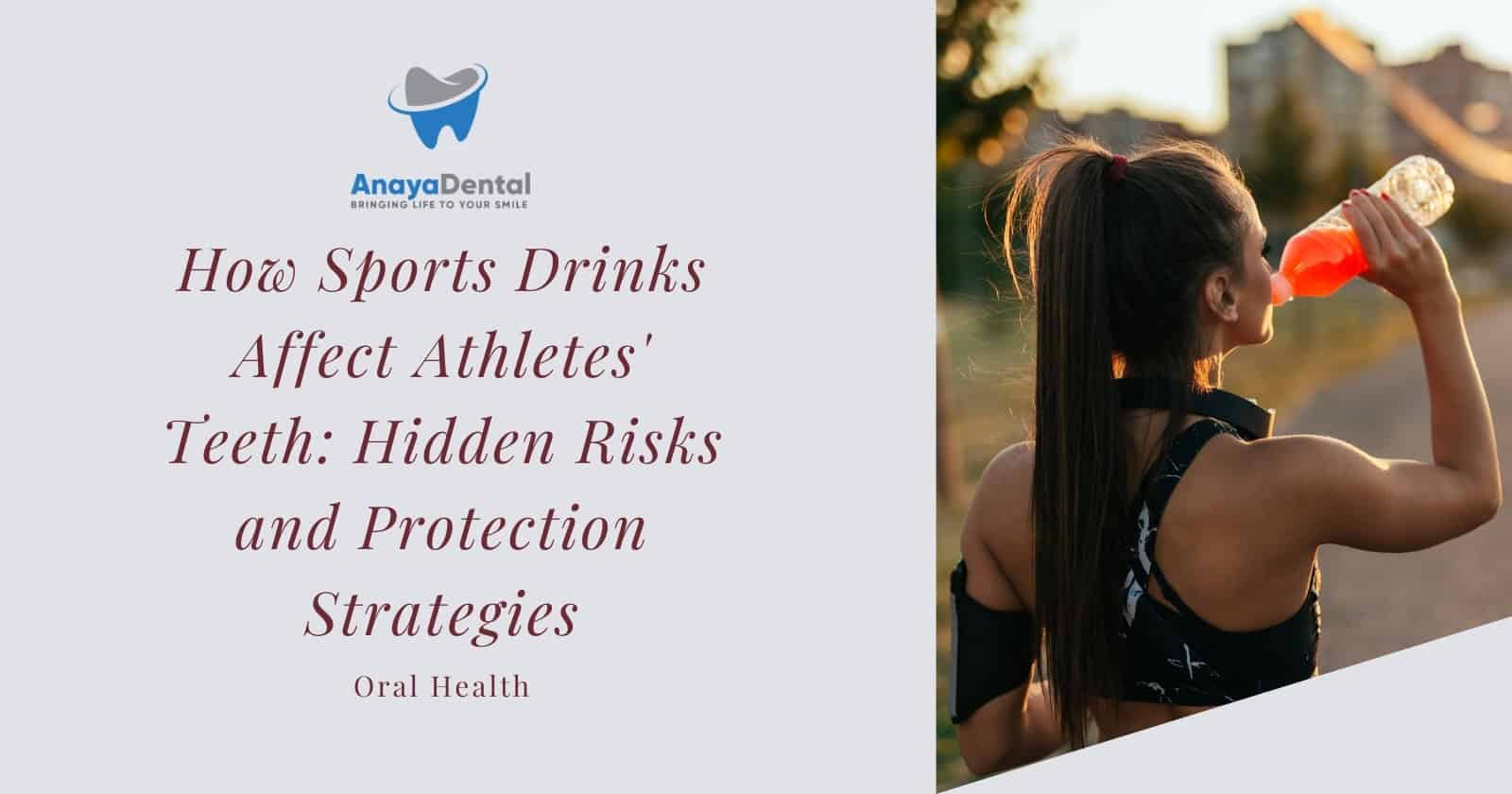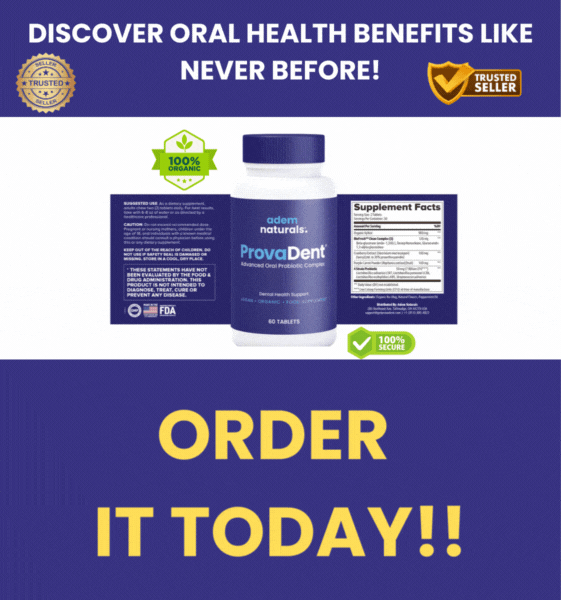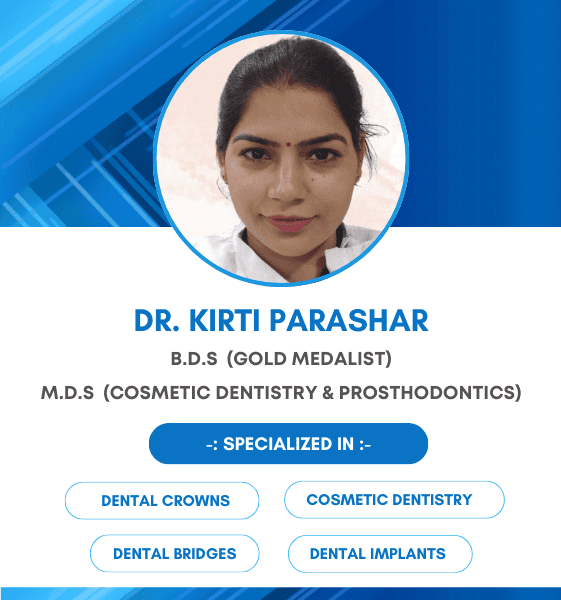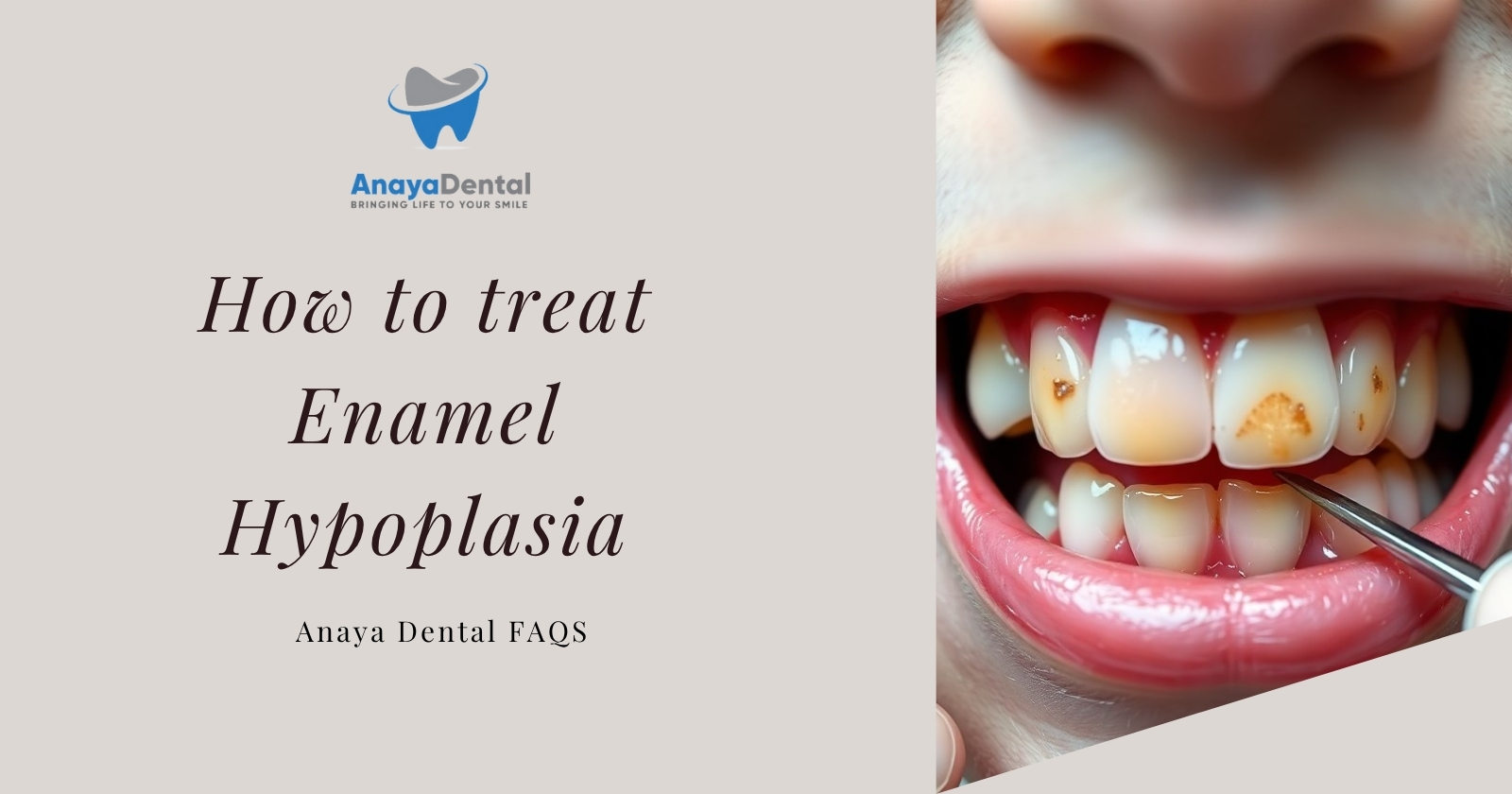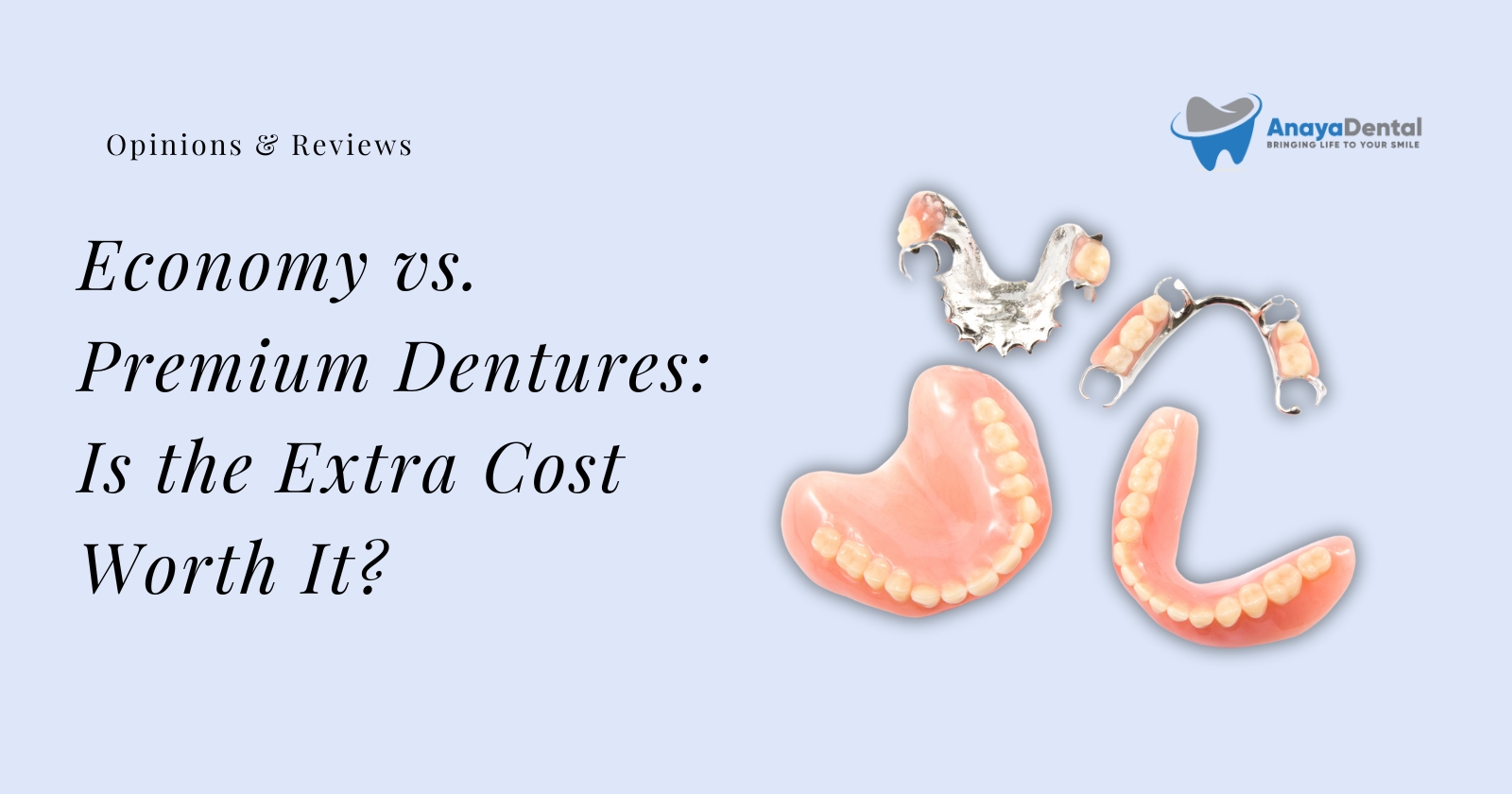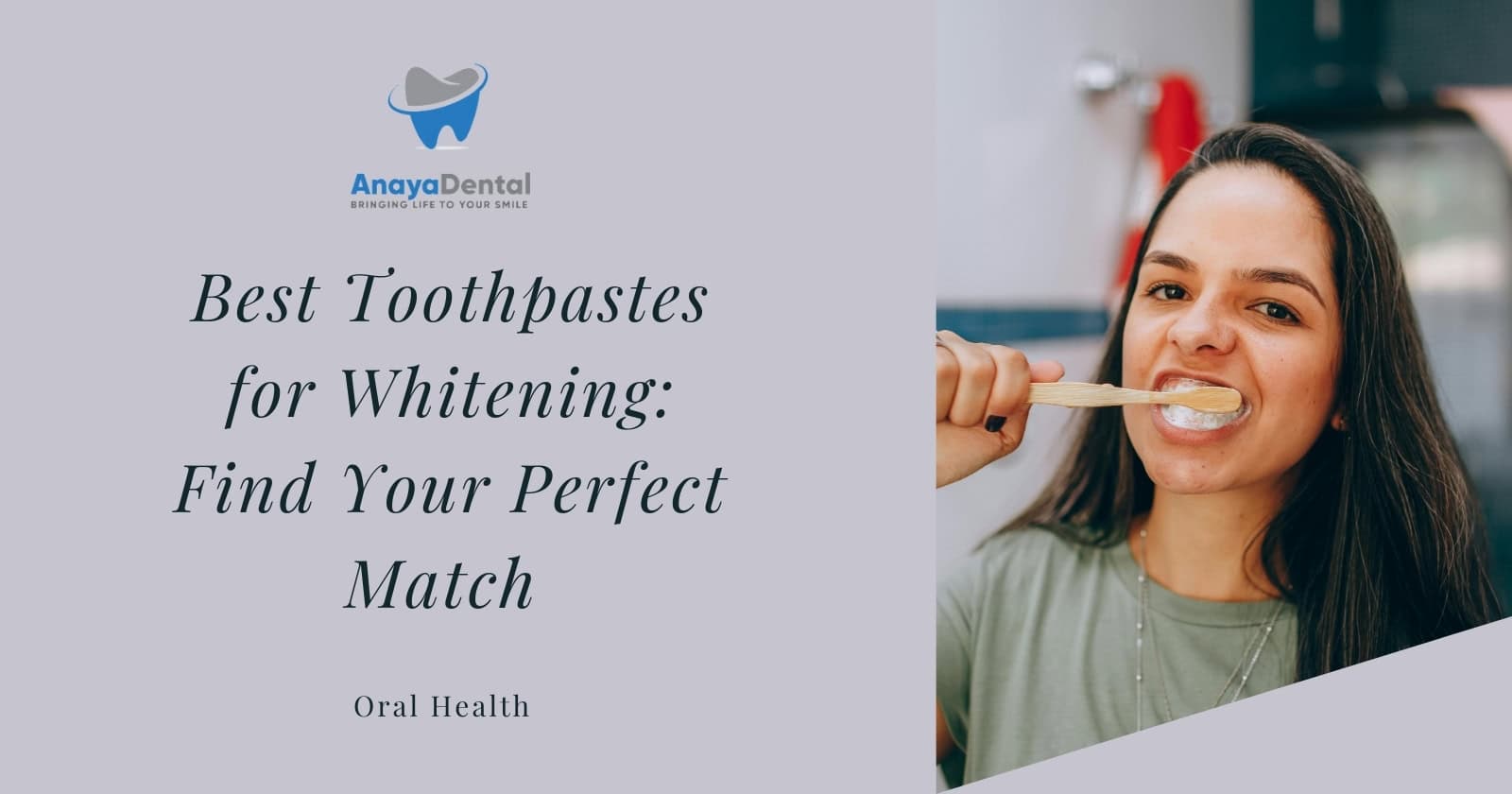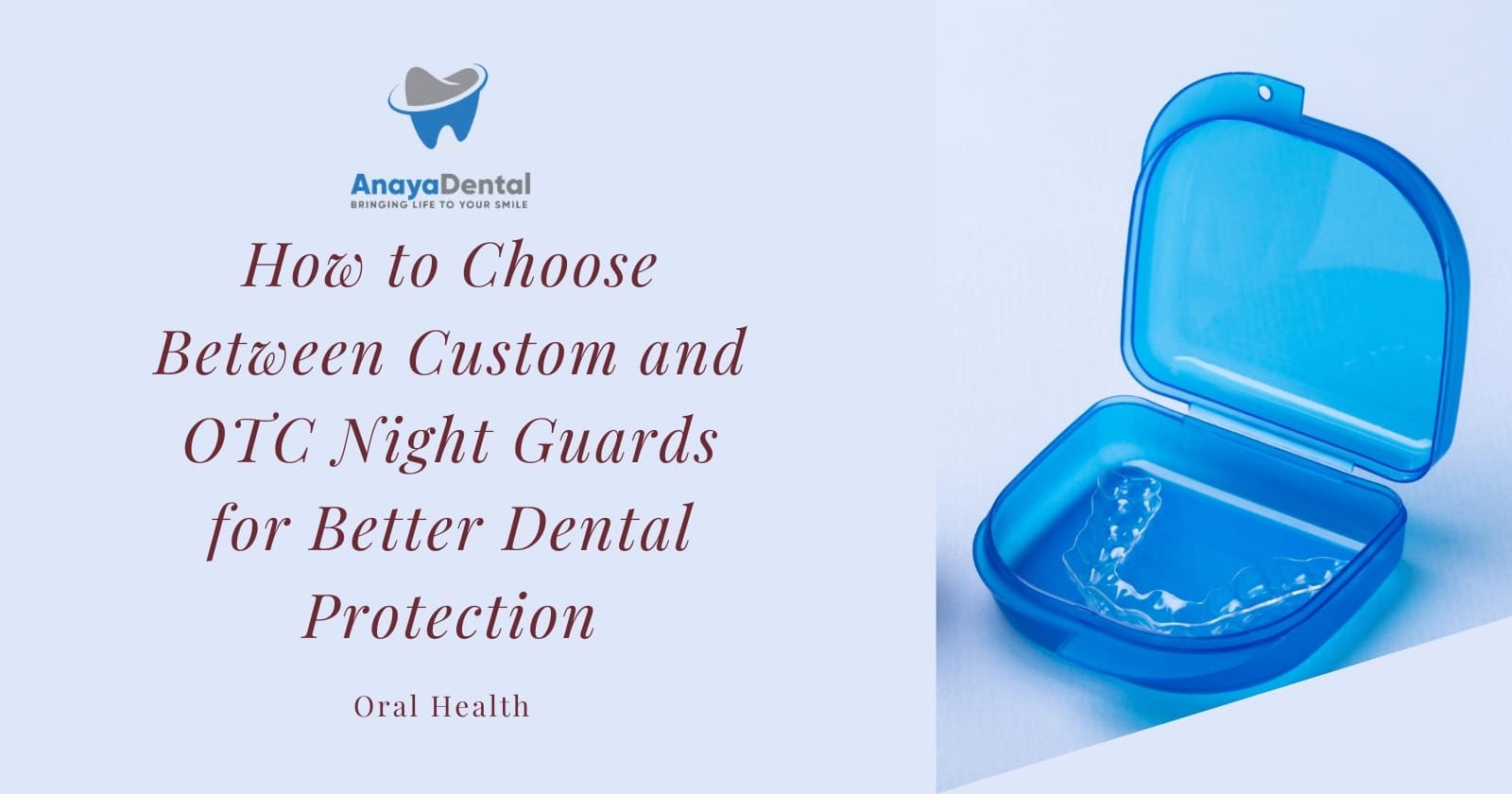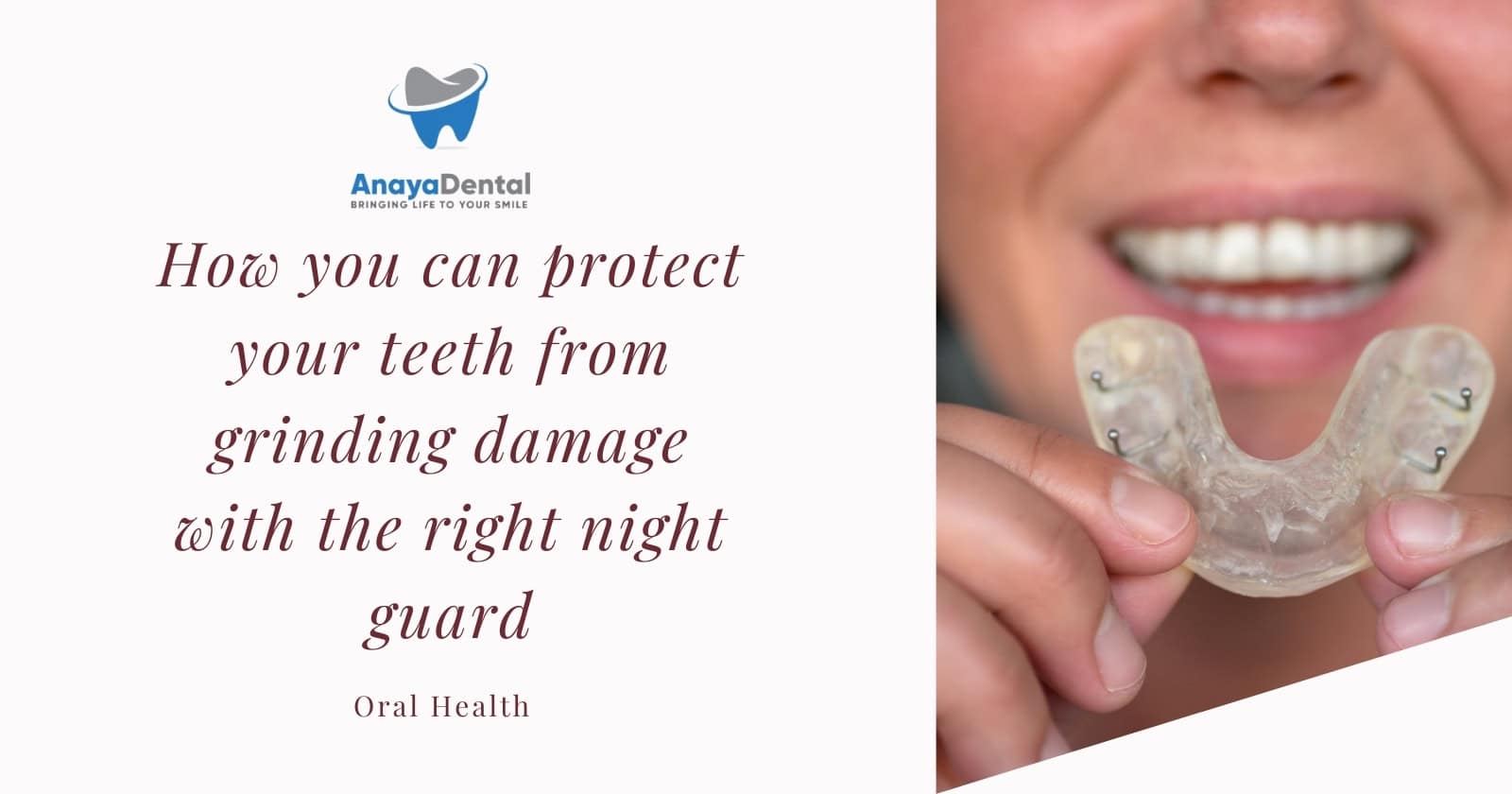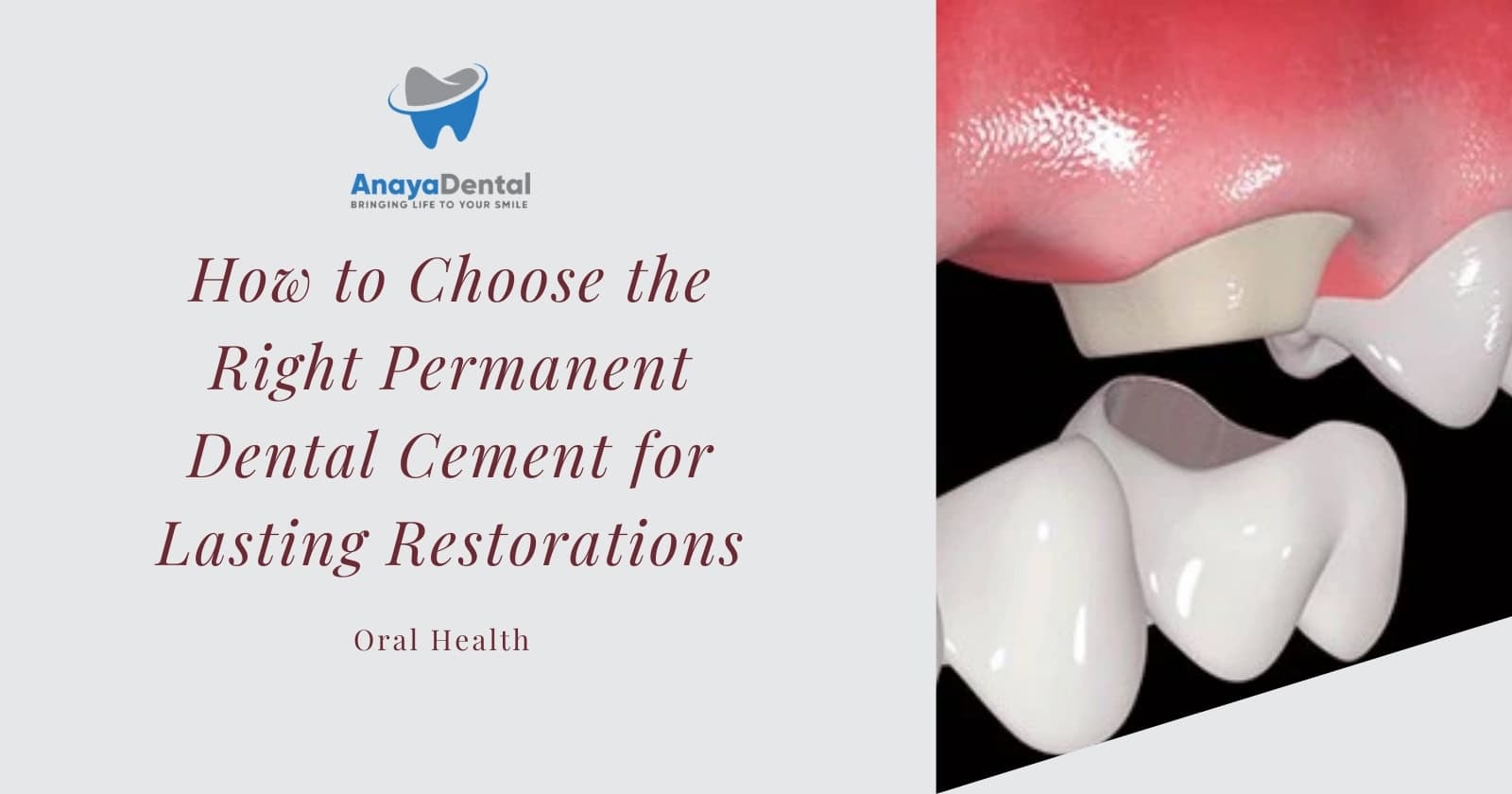Are you reaching for a sports drink after your workout without considering what it might be doing to your teeth? While these colorful beverages promise improved hydration and performance, they may be silently eroding your dental health. As an athlete focused on optimizing your physical condition, understanding how your hydration choices affect your oral health is just as important as knowing their impact on your performance.
What’s Really in Your Sports Drink?
That refreshing bottle of electrolyte-packed liquid you’re drinking contains more than just hydration benefits. Sports drinks were originally developed to replace fluids and electrolytes lost through sweating during intense exercise, while also providing carbohydrates to maintain energy levels.
The Composition Breakdown
Sports drinks typically fall into three categories:
Try Our Dental Calculators
- Isotonic drinks: Contain salt and sugar levels comparable to those in your body
- Hypotonic drinks: Contain lower levels of salt and sugar than your body
- Hypertonic drinks: Contain higher levels of salt and sugar than your body
Most popular brands like Gatorade, Powerade, and All Sport contain a combination of:
- Carbohydrates (sugars)
- Electrolytes (sodium, potassium, magnesium, and calcium)
- Vitamins (A, B complex, C, and E)
- Minerals like sodium bicarbonate and selenium
However, there’s a concerning element that many athletes overlook: the high acidity levels. Studies have found that most sports drinks have pH values ranging from 2.38 to 4.46, which is significantly below the critical pH of 5.5 where tooth enamel begins to demineralize.
How Sports Drinks Can Damage Your Teeth
You might not feel it happening during your workout, but with every sip of a sports drink, you’re exposing your teeth to a potential acid attack.
The Science of Dental Erosion
Dental erosion is defined as the irreversible loss of dental hard tissue by a chemical process that doesn’t involve bacteria. Unlike cavities, which develop from bacterial action, erosion comes directly from acid exposure to your teeth.
When you consume sports drinks, here’s what happens:
- The acidic beverage lowers the pH in your mouth
- When this acidity exceeds your saliva’s buffering capacity, minerals begin to diffuse out of your tooth enamel
- This results in a softening of the enamel surface
- Over time, this leads to a permanent loss of tooth structure
Citric acid, a common ingredient in sports drinks, is particularly damaging. Research shows it erodes tooth structure more quickly than other acids of similar concentration because of its ability to chelate (bind to) calcium at higher pH levels.
The Double Threat for Athletes
As an athlete, you’re actually at higher risk for dental erosion than the average sports drink consumer. Here’s why:
- Dehydration-induced dry mouth: During intense exercise, your salivary flow decreases, reducing the natural protective and remineralizing effects of saliva.
- Frequent consumption patterns: You’re more likely to sip on sports drinks throughout training sessions, prolonging acid exposure to your teeth.
- Environmental factors: If you’re a swimmer exposed to chlorinated pools who also consumes sports drinks, you face double the risk of developing dental erosion.
What Research Reveals About Sports Drinks and Athletes’ Teeth
Laboratory Evidence
In the lab, the evidence is clear and concerning:
- Enamel samples placed in sports beverages for 15-minute intervals four times a day for five days showed an average loss of tooth enamel of 1.5%.
- Chemicophysical analyses consistently show that all tested sports drinks have erosive potential.
- Drinks with higher pH, lower titratable acidity, and higher concentrations of calcium, phosphate, and fluoride showed reduced, but still present, erosive potential.
Real-World Effects on Athletes
A 2025 systematic review found that the prevalence of dental erosion among athletes ranged from 19.4% to 100%. In terms of severity, between 52.4% and 75.2% of athletes had enamel affected, and 24% to 57.1% had both enamel and dentin affected.
However, clinical research presents a more complex picture:
- A cross-sectional study of 304 university athletes found that while 91.8% used sports drinks and the total prevalence of erosion was 36.5%, statistical analysis showed no direct association between dental erosion and sports drink use alone.
- This suggests that dental erosion is multifactorial, with sports drinks potentially acting as a cofactor when combined with other risk factors.
How to Protect Your Teeth Without Sacrificing Performance
The good news? You don’t have to completely eliminate sports drinks from your athletic routine. Instead, you can adopt smart strategies to minimize their impact on your dental health.
Smarter Consumption Habits
- Timing matters: Drink your sports beverage all at once rather than sipping it throughout your workout. This reduces the total exposure time of your teeth to acids.
- Use a straw: Drinking through a straw helps direct the liquid past your teeth, minimizing contact between the acidic beverage and your enamel.
- Rinse with water: After consuming a sports drink, swish plain water around your mouth to help neutralize acids and cleanse your teeth.
- Wait before brushing: Don’t brush your teeth for at least 45 minutes after consuming sports drinks. The acid softens your enamel, making it vulnerable to damage from brushing.
- Consider dilution: Try diluting your sports drink with water to reduce its acidity while still gaining some of the electrolyte benefits.
Enhanced Oral Hygiene for Athletes
- Upgrade your fluoride game: If you regularly consume acidic drinks, consider using high-concentration fluoride toothpaste and mouth rinses to strengthen your enamel.
- Embrace xylitol: Chewing gum or candy with xylitol after drinking sports beverages can stimulate saliva flow and help neutralize acids.
- Stay vigilant with plaque control: Maintain excellent oral hygiene, especially during times of dehydration and stressful training when dental plaque biofilm formation may increase.
- Schedule regular dental check-ups: Routine examinations can help detect early signs of erosion and provide opportunity for preventive intervention.
Promising Innovations on the Horizon
Researchers are working on making sports drinks more tooth-friendly without compromising their performance benefits:
- A study found that adding 0.25% nano-sized hydroxyapatite (nano-HA) to sports drinks was remarkably effective in preventing dental erosion. Sports drinks containing nano-HA showed only a 6% decrease in surface microhardness compared to an 80% decrease in the control group over a 10-day period.
- Future sports drinks may feature higher pH levels, lower titratable acidity, and higher concentrations of calcium, phosphate, and fluoride to reduce erosive potential while maintaining performance benefits.
Balancing Performance and Dental Health
Making informed choices about sports drinks doesn’t mean compromising your athletic performance. Consider these approaches:
When to Use Sports Drinks
Sports drinks are most beneficial during:
- High-intensity workouts lasting more than 60 minutes
- Exercise in hot, humid conditions where you sweat heavily
- Competitive events where performance optimization is critical
When Water Works Better
Stick with water for:
- Short, moderate workouts under 60 minutes
- Regular gym sessions
- General hydration throughout the day
Alternative Options
Consider these tooth-friendlier alternatives when appropriate:
- Coconut water (natural electrolytes with less acidity)
- DIY sports drinks with less citric acid
- Water infused with electrolyte tablets that are less acidic
Understanding Your Personal Risk
Not all athletes will experience the same level of dental erosion from sports drinks. Your personal risk depends on several factors:
- Frequency of consumption: Daily users face higher risks than occasional consumers
- Individual saliva composition: Some people have naturally more protective saliva
- Existing dental conditions: Previously damaged enamel is more vulnerable
- Overall diet: Consuming other acidic foods and drinks compounds the risk
- Oral hygiene practices: Consistent preventive care can offset some risks
Quick Review: Protecting Your Smile While Staying Hydrated
Sports drinks can be valuable tools for athletic performance, but they come with potential costs to your dental health. Remember these key points:
- Sports drinks are highly acidic (pH 2.38-4.46) and can erode tooth enamel
- Athletes face additional risk factors due to dry mouth during exercise
- Dental erosion is multifactorial, with sports drinks being one potential contributor
- Simple habit changes like drinking all at once, using straws, and rinsing with water can significantly reduce risks
- Enhanced oral hygiene practices with fluoride products provide additional protection
- Consider when sports drinks are truly necessary versus when water is sufficient
By making informed choices about your hydration strategy and implementing protective dental practices, you can maintain both your athletic performance and your winning smile for years to come.
